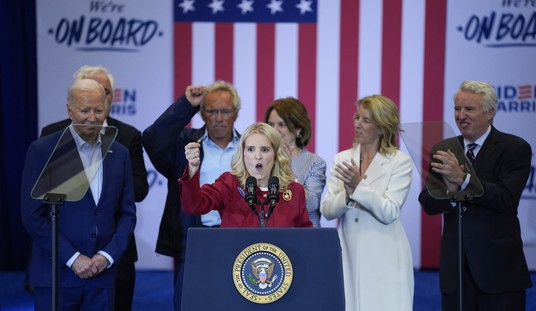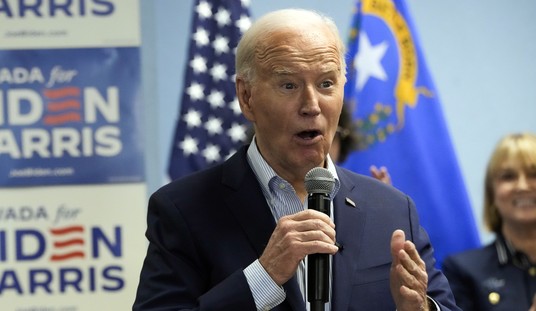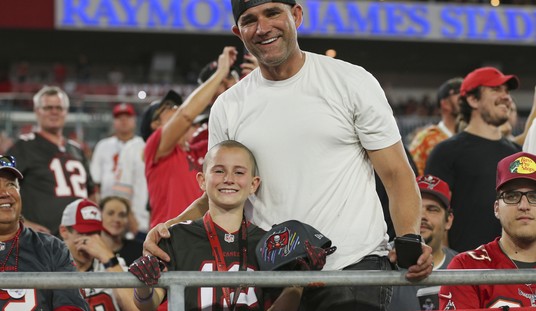
One of the long-standing and key arguments for creating and enforcing work requirements for any government benefits recipients is that people who get these benefits end up so dependent on them that they wouldn’t risk giving them up.
Now, a new report by the Foundation for Government Accountability seems to be backing that claim up.
The paper identifies work requirements—similar to those in place for other welfare programs such as food stamps and cash assistance—as an effective way to reduce caseloads, increase the incomes of individuals in welfare, and reduce government dependency.
The report found that:
- 52 percent of non-disabled adults on Medicaid do not work at all.
- Since 2000, Medicaid enrollment has more than doubled, with the number of able-bodied adults more than quadrupling.
- In the past year, taxpayers spent more than $632 billion on Medicaid, more than triple the $206 billion spent in 2000. Enrollment, including the expansion of ObamaCare, made up for 70 percent of the spending increase.
- In 2000, Medicaid was 19.5 percent of state budgets—today, it is 30 percent. Nearly one in every three dollars goes to Medicaid.
Here’s the thing: With many states expanding Medicaid because of the Affordable Care Act, all that really did was open that spending up to more people. With no requirements for them to earn it, there is no way of controlling that spending.
If there is no method of earning or maintaining that money, what’s to stop someone from just living on these benefits from here on out?
That’s what the FGA’s report says is happening.
“FGA’s past research has shown that the most effective way to free people from the trap of dependency is through work—and Medicaid should be no exception. Since 2000, the number of people enrolled in Medicaid has more than doubled. Total Medicaid spending has nearly tripled since 2000 and spending on able-bodied adults has increased by an astonishing 700 percent. Not only is this unsustainable, but it’s limiting our ability to help the truly needy,” said [Research Director Nic] Horton.
“We know work requirements work. We’ve seen them work in Kansas, and Maine, and in states across the nation. When able-bodied adults gain their independence through work, their incomes skyrocket and they’re able to free themselves from government dependence. It’s past time for the federal government to empower states to enact Medicaid work requirements,” said [Vice President of Research Jonathan] Ingram.
We live in an era where, yes, government benefits like Medicaid do serve a useful and valuable purpose. It’s not really advisable or feasible to completely strip them away from everyone. The backlash would be fierce and human impact would be so negative that it would create a genuine crisis.
However, there has to be a more conservative, more responsible way to make sure that those in need get their access, but are also motivated to go out and find work in order to help them improve their lives. That’s what these benefits are supposed to be for, but they aren’t just a safety net anymore. They’re a security blanket that people hide under when they don’t want to come out and face the world.













Join the conversation as a VIP Member